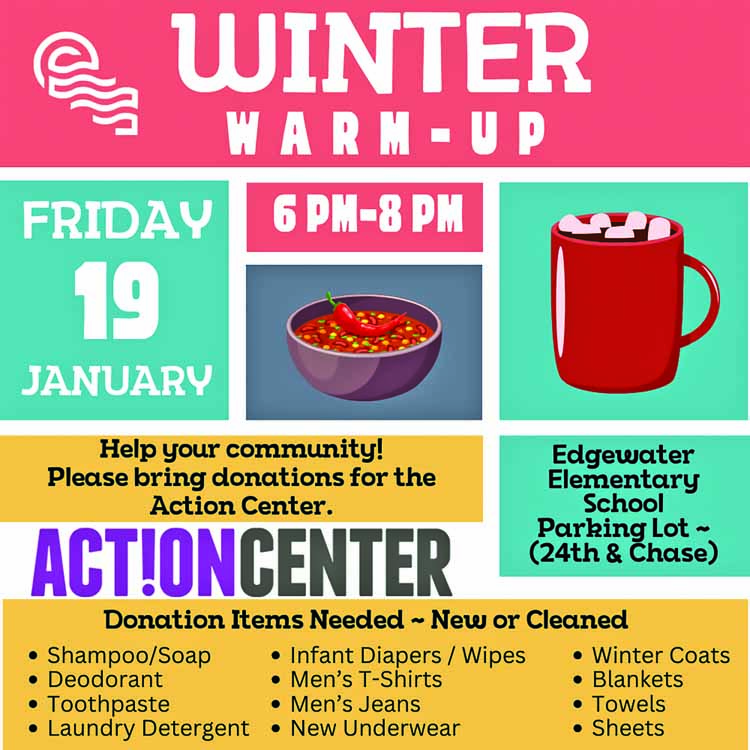Winter storms bring a multitude of challenges, posing risks such as car accidents, hypothermia, frostbite and heart attacks from overexertion. As winter storms unleash extreme cold, freezing rain, snow, ice and high winds, it becomes crucial to prioritize safety and take preventive measures.
Winter storms can last for hours or several days, cutting off heat, power, and communication services. Vulnerable populations, such as older adults, children, sick individuals, and pets, face heightened risks during these adverse conditions. If you are under a Winter Storm Warning, find shelter immediately. Understanding winter weather terms, such as Winter Storm Warning, Winter Storm Watch and Winter Weather Advisory, can help you stay informed about potential hazards and take necessary precautions.
Winter Storm Warning
Issued when hazardous winter weather in the form of heavy snow, heavy freezing rain or heavy sleet is imminent or occurring. Winter Storm Warnings are usually issued 12 to 24 hours before the event is expected to begin.
Winter Storm Watch
Alerts the public to the possibility of a blizzard, heavy snow, heavy freezing rain or heavy sleet. Winter Storm Watches are usually issued 12 to 48 hours before the beginning of a Winter Storm.
Winter Weather Advisory
Issued for accumulations of snow, freezing rain, freezing drizzle and sleet which will cause significant inconveniences and, if caution is not exercised, could lead to life-threatening situations.
Preparing for Winter Weather:
Prepare your home by insulating it against the cold, caulking, and weather stripping. Prevent frozen pipes, install and test smoke alarms and carbon monoxide detectors and gather supplies for an extended power outage. Consider individual needs, including medication and pet care. Be prepared at home, work, and in your car. Create an emergency supply kit for your car, maintain a full tank of gas and stay equipped with essentials like jumper cables, a flashlight, warm clothes, blankets, water, and snacks.
Stay Safe During Winter Weather:
Stay off Roads: If possible, avoid travel during severe weather. If trapped in your car, stay inside.
Limit Time Outside: Wear layered clothing to reduce the risk of frostbite and hypothermia. Watch for signs and seek warmth if necessary.
Reduce Heart Attack Risk: Avoid overexertion when shoveling snow or walking in the snow.
Severe Weather Shelter Network: Need an emergency overnight shelter on winter nights? Call 720-398-4041 to make a reservation with the SWSN.
Recognizing and Treating Frostbite and Hypothermia:
Know the signs and basic treatments for frostbite and hypothermia. Frostbite causes numbness, white or grayish-yellow skin. Treat by going to a warm room, soaking in warm water and avoiding massaging to avoid tissue damage. Hypothermia, characterized by shivering and confusion, requires warming the core of the body first and keeping dry in warm blankets.
By understanding winter weather risks and taking necessary precautions, you can ensure your safety and that of your loved ones during the challenging winter months. Stay informed, be prepared and prioritize safety in the face of winter storms.
For more information on how to be ready for a Winter Storm, head to www.ready.gov/winter-weather






